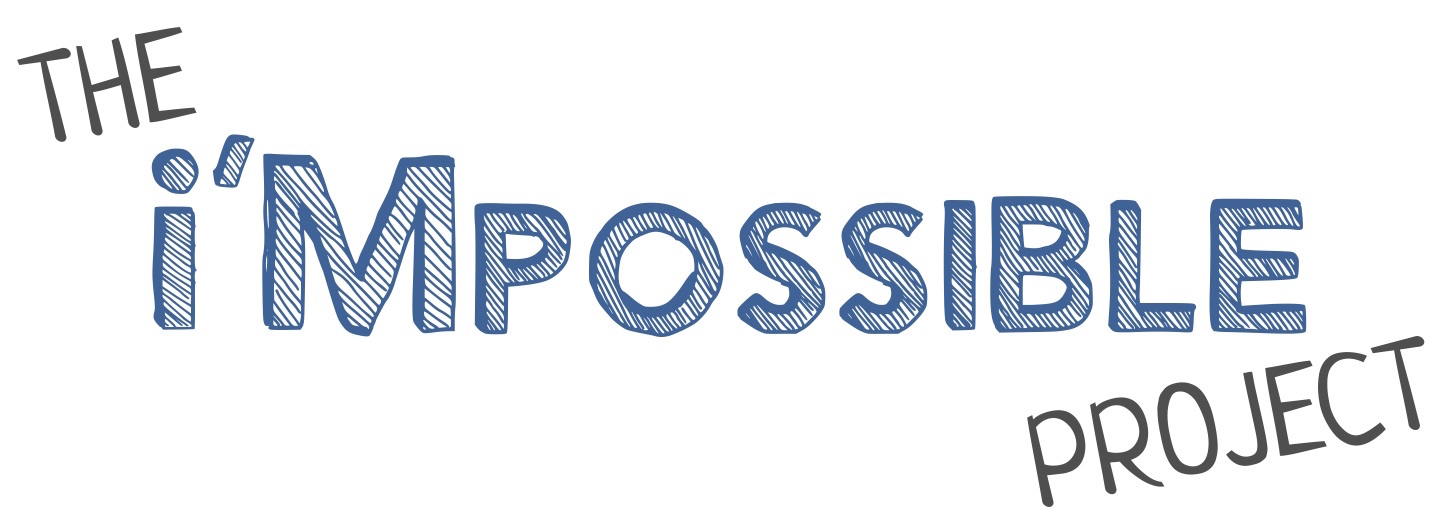040: Resplendent Rudy with Rudy Caseres
039: Stigma and My Life’s Epiphany with Rick Strait
December 6, 2017TIPS041: The “Nature” of Mental Health with Adam McNeill
April 28, 2018040: Resplendent Rudy with Rudy Caseres
Rudy Caseras is an award-winning public speaker, writer, and vlogger who shares his story of living with bipolar and surviving suicide. He has traveled the U.S. to work with the National Alliance on Mental Illness (NAMI), Mental Health America, Project Semicolon, and the American Association of Suicidology. His content has been featured on The Mighty, This is My Brave, OC87 Recovery Diaries, Wear Your Label, Project UROK, Schizophrenic NYC, The S Word, Mad in America, and HealthyPlace. In August 2017 he was awarded Outstanding Peer of the Year by NAMI California and in December 2017, he was selected by The Mighty as one of their Mental Health Heroes of 2017.
Click to tweet: Rudy Caseras shares his incredible journey on the i’Mpossible Project #podcast #bipolar #mentalhealth!
Time Stamped Notes
- 3.19 Theatre was something that first helped Rudy get out of his shell and build his confidence
- 4.10 Because Rudy couldn’t figure out how to audition as an actor as an adult, he decided to join the Army—except he couldn’t shoot or do much of anything and almost killed his platoon with a grenade because of an errant throw.
- 5.29 Rudy trained in Arizona for intelligence school in the Army and had a psychiatric breakdown and was discharged
- 6.39 Rudy was originally diagnosed as schizophrenic in 2014 but was changed to bipolar because he had a manic episode
- 9.15 Rudy first started working with a counseling therapist while in community college after being discharged from the Army. This was the beginning of his recovery
- 12.29 One of the benchmarks of Rudy’s recovery is sharing his story to help others
- 31.23 Rudy’s favorite word is “resplendent,” his least favorite word is “snack-trays,” and if someone were to play Rudy in the story of his life it would be a hologram of Orson Welles (find out more fun facts about Rudy in the Quick Fire Round).
Key Points
- Counseling therapy is relationship driven. If you don’t like the therapist you’re with, give it a little time, and if it doesn’t work, try someone new
- Sharing your story to help others can sometimes benefit the storyteller more than the listener
- Everyone deserves to practice self-care
Resources or Websites Mentioned
Need help? In the U.S., call 1-800-273-8255 for the National Suicide Prevention Lifeline.
If outside the U.S., here is a list of crisis lines around the world: www.iasp.info/resources/Crisis_Centres
You can find Rudy on Facebook, Instagram, and Twitter at @rudycaseres
